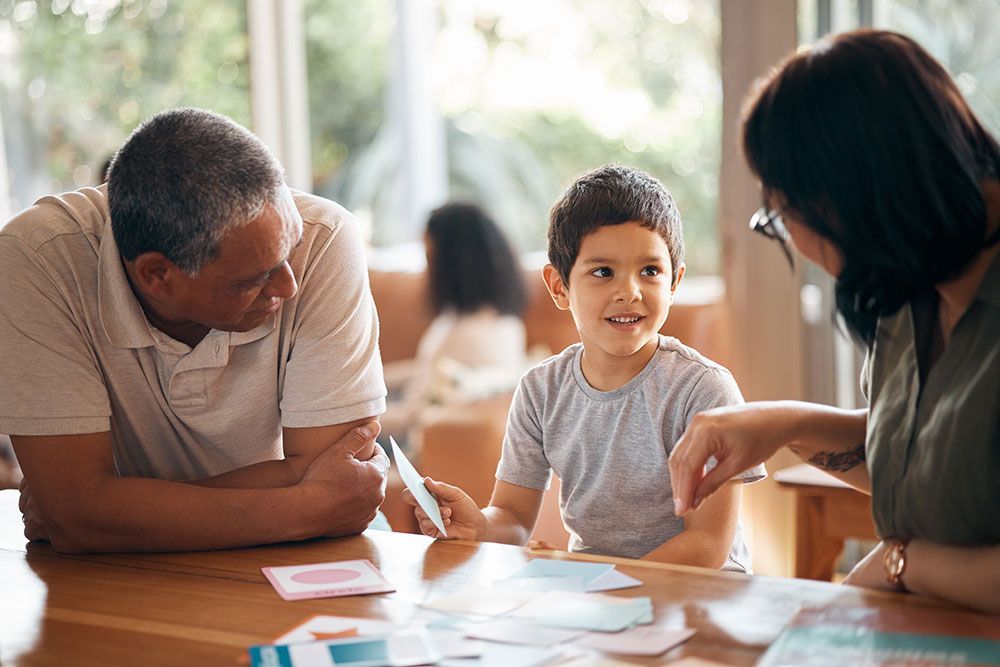5 Love Languages
With Valentine’s Day around the corner, there is emphasis on the impact relationships have in our lives. However, the quality of our relationships is much determined by our ability to communicate effectively. The Valentine spotlight indicates there is no better time to learn how to express your affection to your significant other or child. Expressing our affection seems like it should be easy, but our expression does not always translate to mean affection on the receiving end. Gary Chapman, author of the world-renowned book, The 5 Love Languages (Chapman, 1995), posits that humans experience and express love in five different ways. According to Chapman’s theory and research, people naturally tend to express love in the same way they prefer to experience it. We are literally doing unto others as we would have done to us. However, this expression of love is best communicated when it matches how our partner prefers to experience love. If we can learn to speak our partner's preferred love language, we can more effectively communicate how deeply we care for them, leading to healthier and more fulfilling relationships. Chapman’s theory is supported by empirical evidence showing improvements in relationships between couples and parents/children when affection is expressed through the preferred love language modality. Since beginning his research, Chapman's ability to break down modality of communication within relationships has even been applied specifically for teenagers and youth to build better relationships in school, and in the workplace under the 5 Languages of Appreciation.
The 5 Love Languages are:
Words of Affirmation:
Sincere compliments/praise and acknowledgement to build up your significant other
Acts of Service:
Actions such as providing help/assistance or doing something for your loved one
Quality Time:
Undivided attention and devotion such as taking a walk together, talking, and listening
Receiving Gifts:
Tangible gifts that show you are thinking about your significant other
Physical Touch:
Physical touch, such as holding hands, receiving a massage, cuddling/close contact, and physical intimacy
Chapman applies the five love languages to parenting and explains caregivers can better communicate with their children by speaking their child’s preferred love language. Becoming familiar with the love languages can improve your family's communication and relationships in addition to your romantic relationship. You may be surprised to discover your love language. You can take a brief quiz to determine your or your child’s primary and secondary love languages at www.5lovelanguages.com. The first two chapters of Chapman’s best-selling book are also available for download at this site plus quizzes on your Apology Language and Dealing with Anger, two areas of our communication which are also very important to relationships. There is even an app download to put some fun into implementing your new understanding of the love languages with your partner. This Valentine's Day, we are to do unto others as they would have done unto them.
Written and edited by: Melissa Mignogna, Ph.D. & Catherine Kennedy









